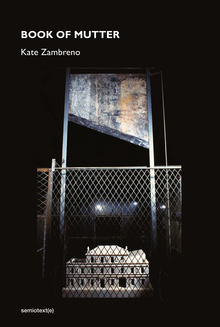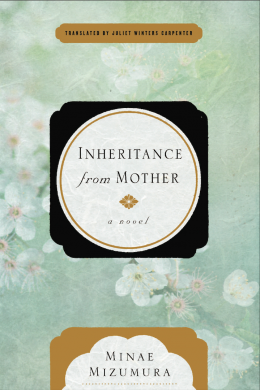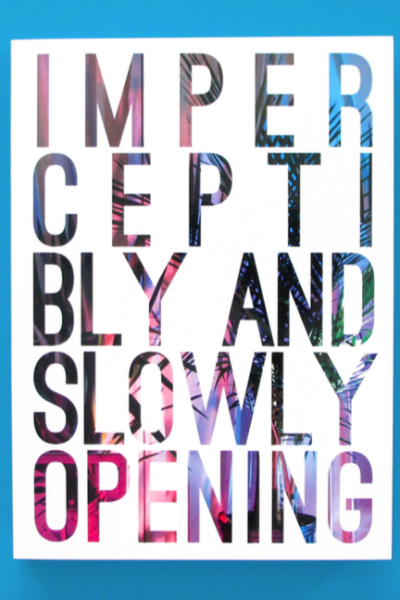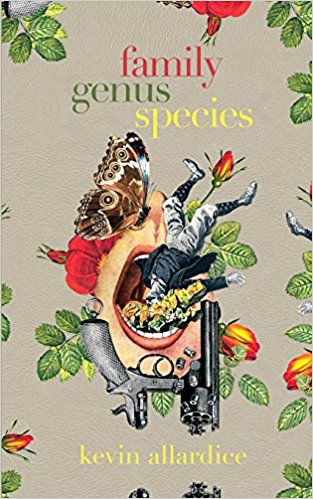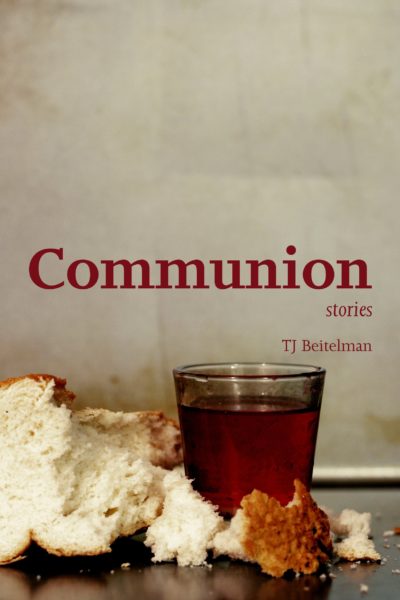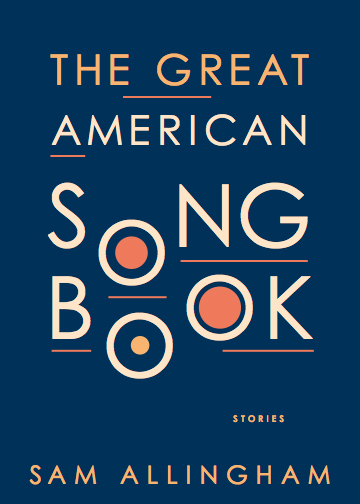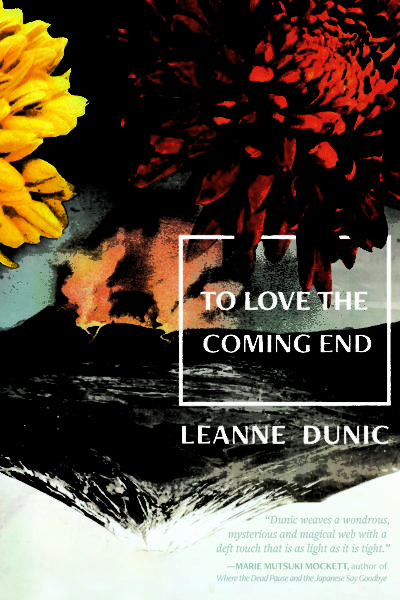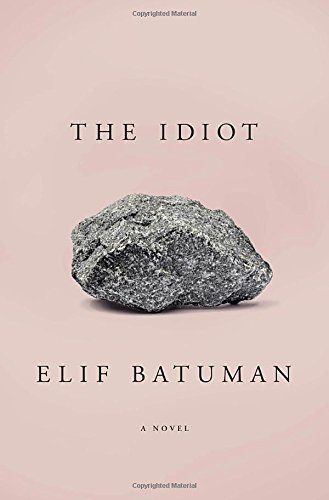Book of Mutter – Kate Zambreno
This possibility of recognition — of really seeing, of really being seen — persists as long as someone is alive. But once they’re gone, how do we speak of and to the dead?
Inheritance from Mother – Minae Mizumura
The novel’s power, in large part due to its sequencing of events, lies in the sense that the first chapter’s point of jadedness becomes inevitable, a naturally unnatural response to a lifetime of thwarted dreams.
Imperceptibly and Slowly Opening – ed. Caroline Picard
IMPERCEPTIBLY AND SLOWLY OPENING is strongest when it decenters humans without erasing that human/plant interactions are a result and reflection of power.
The Vine That Ate the South – J.D. Wilkes
THE VINE THAT ATE THE SOUTH is more conversion narrative than odyssey, and more tall tale than either, filled with a twisty, tongue-in-cheek lyricism that calls to mind a Weird Twain.
Family, Genus, Species – Kevin Allardice
Allardice’s deft novel is deceptively complex, layered not simply with satire, but with emotional revelations about family, community, sexuality, parenthood, race, and class
Heavens on Earth – Carmen Boullosa
Language is as much for sharing, being together, as it is for suppressing, delegitimizing.
Beitelman is a kind of kinder Carver.
The Great American Songbook – Sam Allingham
What Allingham shows is that songs are most effective when their writers embrace the limitations their medium presents, and cannily exploit these to draw attention to their project’s artifice.
To Love the Coming End – Leanne Dunic
This Japan is pedestrian and epic, lyric and prosaic, like so much of the book.
Art about failure, about idiocy — which so much of our art today is — always seems to have this same sense of disingenuousness about it.


